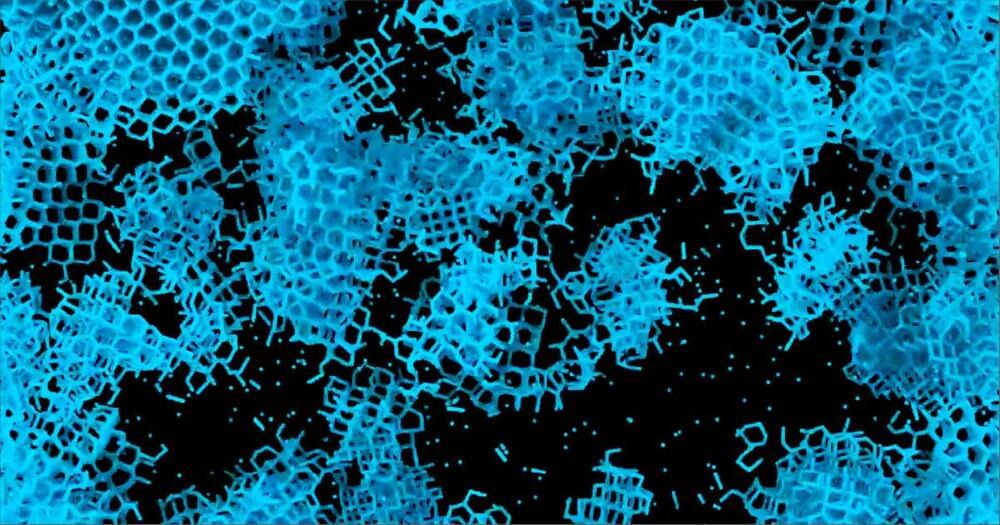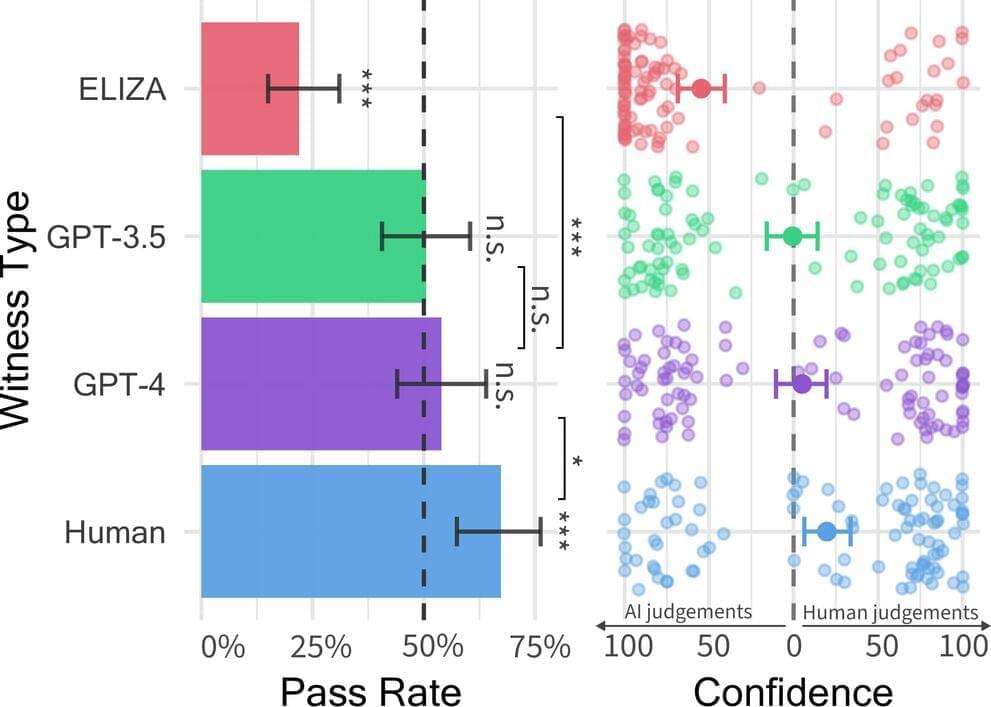Paleontologists in South Africa said they have found the oldest known burial site in the world, containing remains of a small-brained distant relative of humans previously thought incapable of complex behavior.
Led by renowned paleoanthropologist Lee Berger, researchers said in 2023 they had discovered several specimens of Homo naledi – a tree-climbing, Stone Age hominid – buried about 30 meters (100 feet) underground in a cave system within the Cradle of Humankind, a UNESCO world heritage site near Johannesburg.
“These are the most ancient interments yet recorded in the hominin record, earlier than evidence of Homo sapiens interments by at least 100,000 years,” the scientists wrote in a series of preprint papers published in eLife.






